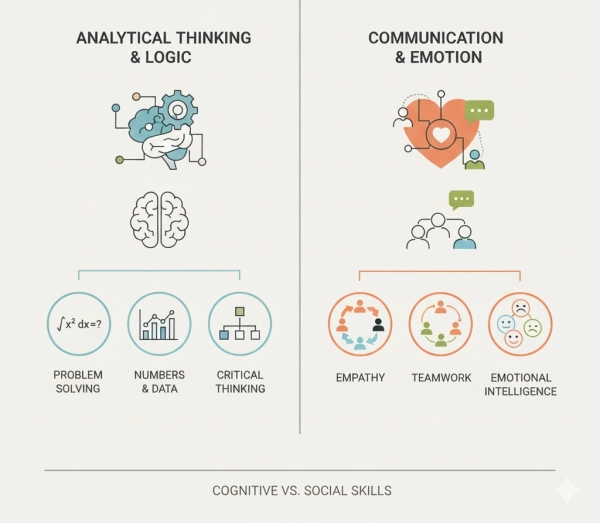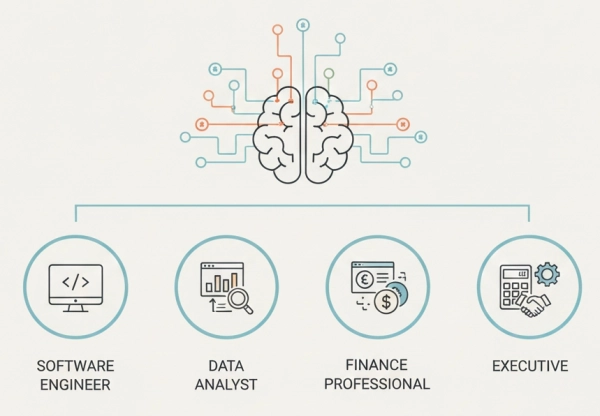IQ tests are no longer limited to schools or psychological studies — they’ve entered the boardrooms and HR departments. As companies seek data-driven hiring practices, recruiters are turning to cognitive assessments to gain insights beyond resumes and interviews. But how exactly do IQ tests fit into modern hiring?

Why Employers Use IQ Tests in Recruitment
IQ tests offer a standardized way to measure key cognitive abilities, such as:
- Problem-solving
- Logical reasoning
- Numerical aptitude
- Memory retention
- Processing speed
For employers, these scores provide objective data to complement more subjective tools like personality tests or EQ assessments. In competitive industries — especially in tech, finance, and consulting — cognitive ability can predict on-the-job performance and learning speed.
What IQ Tests Can and Cannot Reveal
Can reveal:
- Cognitive potential
- Ability to learn quickly
- Abstract reasoning capabilities
Cannot reveal:
- Emotional intelligence
- Work ethic
- Soft skills like communication and collaboration
That’s why recruiters often use IQ tests as one component of a broader hiring toolkit. For a deeper dive, see our guide on how recruiters use IQ tests.

Typical Roles Where IQ Testing Is Used
Some positions rely heavily on problem-solving and decision-making under pressure. IQ tests are commonly used in:
- Software Engineering: Logical and numerical reasoning
- Data Analysis: Pattern recognition and abstraction
- Finance & Trading: Risk evaluation and mental math
- Leadership Roles: Strategic thinking and complexity management.
To understand which IQ test types are relevant for these roles, check types of IQ tests commonly used in employment screening.

Ethical Considerations and Legal Compliance
When used carelessly, cognitive testing can backfire. Employers must ensure:
- Non-discrimination: Tests should be job-relevant and culturally fair
- Transparency: Candidates should be informed in advance
- Validation: The test must correlate with actual job requirements
In the U.S., the EEOC (Equal Employment Opportunity Commission) provides guidelines on the lawful use of testing during recruitment. For additional insights on fair testing practices, see recruitment IQ test vs culture fair IQ test.
Best Practices for Recruiters Using IQ Tests
- Use validated tests: Prefer standardized and research-backed assessments, like the recruitment IQ test.
- Combine with interviews: Don’t rely on IQ scores alone. Include personality tests or MBTI assessments for a fuller profile.
- Avoid cut-off bias: Use scores to guide decisions, not to eliminate candidates.
- Test only when relevant: Not every job requires high cognitive complexity.
Are IQ Tests the Future of Hiring?
As AI and automation reshape recruitment, data-driven tools like IQ assessments will play a growing role. But emotional intelligence, adaptability, and cultural fit remain critical. Learn more about emotional intelligence in leadership and Daniel Goleman’s EQ framework to balance hard and soft skills in hiring.
Conclusion: Smarter Hiring, Not Just Smarter People
IQ tests are not crystal balls — but they offer a valuable glimpse into how a candidate processes, analyzes, and applies information in real-world tasks. When used ethically and strategically, they help employers build more capable, agile, and intelligent teams.

Comments
Share Your Thoughts